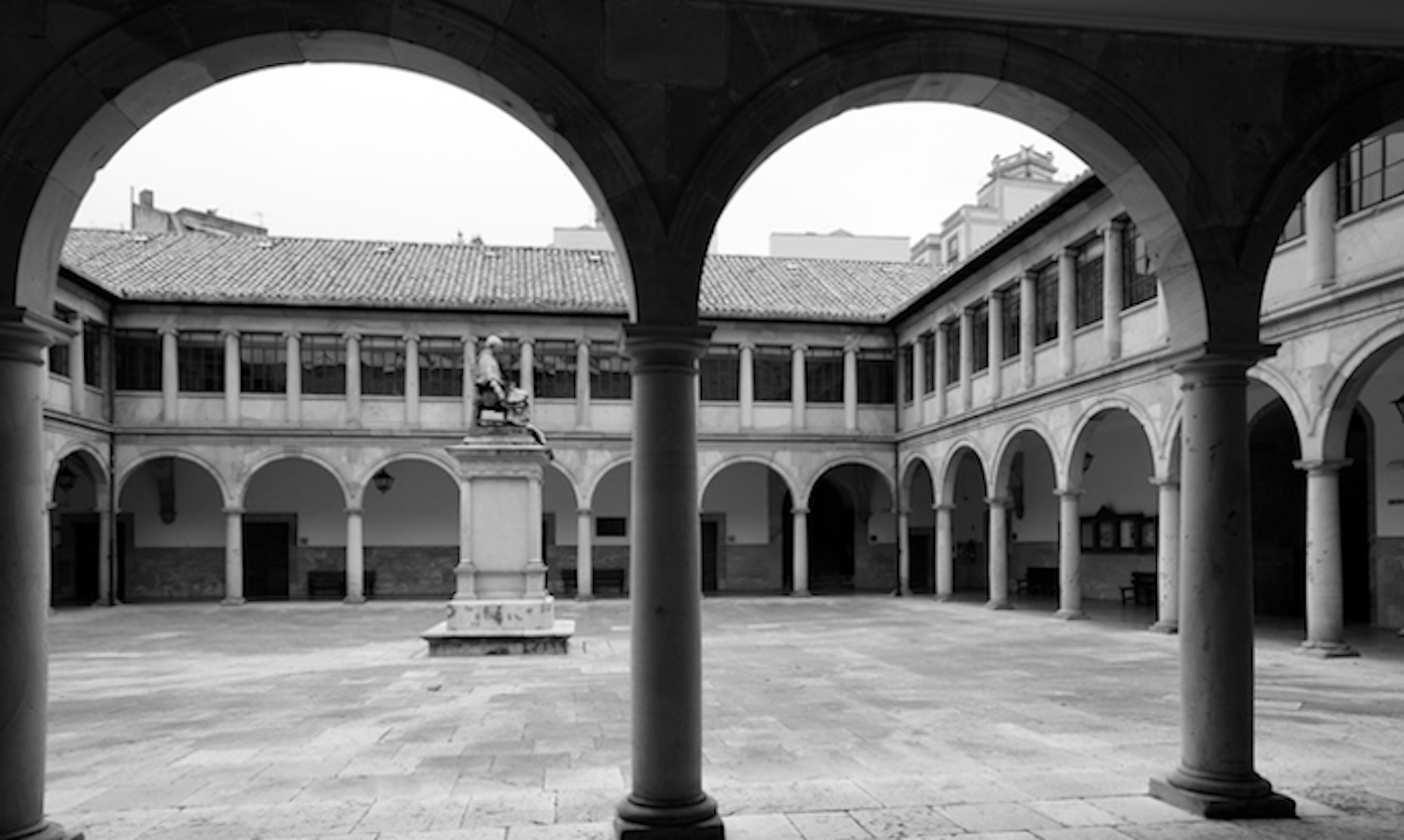
Legal-Social Studies Group on Territory and Sustainable Development [GTDS]
María Rosario Alonso Ibáñez
The Legal-Social Studies Group on Territory and Sustainable Urban Development [GTDS] is a stable research team in the academic-scientific field, within the institutional framework of the University of Oviedo. It is formed by academics who seek, from interdisciplinary cooperation in the field of urban and territorial sustainability, the transfer of knowledge, the exchange of ideas and experiences, and the development of innovative studies and analyses articulated in proposals for its application and management.
With the aim of generating expert knowledge on urban and territorial development, mainly through publications, research projects and thematic networks in which it participates, the GTDS deploys its activity in matters related to the legal and social aspects of urban planning, the environment, spatial planning and cultural and natural heritage, or activities that, such as tourism, trade, public transport and traffic in general, are necessaryly linked to sustainability.

Urban Economics group for Sustainable Development
Frederick A. White Castle
He joins his position as researcher responsible for the Research Group of the University of Granada on Urban Economics for Sustainable Development,to be Director of the Ibero-American Center for Governance, Policies and Public Administration of the Menéndez y Pelayo International University, which accredits him as a specialist in the construction of the necessary and unfinished redefinition of public management and the government of the territory to act jointly in the city, highlighting as lines of research developed territorial public management systems, local development policies, strategic planning, management of local public services or inter-administrative and intergovernmental relations.

Dret Urbanístic’s Grup de Recerca
Joan Manuel Trayter Jimenez
He directs the Research Group of Dret Urbanístic,at the University of Girona. The lines of research developed in the last ten years have been marked by the common axis of urbanism and its intrinsic relationship with the environment. It has been recognized as a Consolidated Research Group of the Generalitat of Catalonia in 2014, and is currently participating in the “Committee of Experts for the reform of territorial planning and urban planning policies in Catalonia”, created by the Department of Territory and Sustainability of the Generalitat de Catalunya with the aim of elaborating a Territory Law, urbanism, architecture and landscape to unify criteria and establish a single regulatory framework of legislation related to the management of the territory.

Gerardo Garcia-Alvarez Garcia
ADESTER research group on Economic, Social and Territorial Administration, of the University of Zaragoza, currently directed by Fernando López Ramón. It is recognized as a Consolidated Research Group since 2004 by the Autonomous Community of Aragon, and renewed since then. Urban rehabilitation, non-developable land, landscape protection, or housing policy are issues that have been widely analyzed. In general, qualitative development, with improvement of urban facilities and infrastructures, on the one hand, and environmental conditions of development, on the other, characterize the research activity of this group.

Omar Bouazza Ariño
Member of the Research Group of the Complutense University of Madrid Transformations of the State and local autonomy: institutional organization, public services and participatory democracy,directed by Tomás Cano Campos. It studies the various implications that sectoral policies have on the urban and territorial, such as transport, traffic or tourism, or the need to reconsider the competence system and a strengthening of inter-administrative relations in what affects the general and sectoral competences that affect the territory. An intense research activity on the urban and territorial from a double perspective: horizontal, in terms of the game of coordination of the different sectoral policies, and vertical, through the analysis of the mechanisms of coordination and cooperation between the different centers of power in the matter: local, regional or autonomic, state and supranational (European and international). He is a deep connoisseur of the British urban development model. It should be noted that the British model is of special interest to this network because it has traditionally stood out for its rationality and integrated character.

Pascual Madoz Institute of Territory, Urbanism and Environment
Isabel Hernandez San Juan
Antonio Fortes Martin
Members of the Pascual Madoz Institute of Territory, Urbanism and Environment of the Carlos III University of Madrid. The Institute has become part of the“Sustainable Development Solutions Network”of the United Nations, which includes initiatives focused on sustainability in the urban environment. They are also members of the consolidated research group “Urban activity and territorial cohesion. Environment, public health and risk management”, directed by Prof. Luciano Parejo Alfonso, from the Department of Public Law of the State of the Carlos III University of Madrid. Territorial and urban policy, territorial and local government, as well as sustainability and the environment are the main lines of work of this research group.

Maria Luisa Gomez Jimenez
He directs the Research Group of the University of Malaga Pasos Vivienda. His lines of research have been developed in the fields of the right to housing, social vulnerability, gentrification, urban policy, rehabilitation. He has outstanding experience in international projects under the auspices of HARVARD University: the Joint Center for Housing Studies and the Carr Center for Human Rights (Kennedy School of Goverment), the European Law Research Center and the Institute for Global Law and Policy (Law School). She is the first Spanish researcher Associate at the Joint Center for Housing Studies, and during the years 2012-2014, Associate of the Latin American Program of the Carr Center for Human Rights. He has also been Visiting Researcher of this center. He also has research experience in leading as IP research projects obtained in competitive public calls funded by the Spanish Agency for Cooperation with Ibero-America and by the Junta de Andalucía in calls for Projects of Excellence.

José Emilio Labra Gayo
Founder and director of the Research Group of the University of Oviedo WESO (Web Semantics Oviedo). The group has extensive experience in the application of semantic technologies and development of data portals in various domains, especially in legal domains and statistical data portals. Specifically, the group collaborated in the development of the data portal of the Library of the National Congress of Chile, in which all Chilean legal notes and documents are published as linked open data. Subsequently, the WebIndex project for the Word Wide Web Foundation has been developed in which an index of the penetration and influence of the Web in the different countries is created based on a list of indicators. The calculation of this index and the publication of the results are carried out in a totally transparent way, allowing the published results to be validated at all times. He has also participated in the creation of the LandPortal, a global data portal (LandBook) for the IFAD(International Fund for Agricultural Development)of the United Nations in which indicators of the different countries are published that allow to create personalized visualizations to the different researchers.
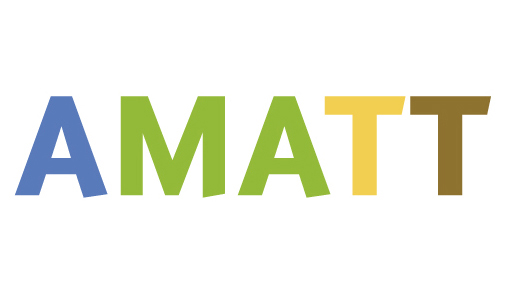
Grup de recerca d’Autonomia, Medi Ambient Turisme i Territori
Aina Salom
Member of the Grup de recerca d’Autonomia, Medi Ambient Turisme i Territori of the Universitat de les Illes Balears.

Mª Ángeles Huete García
The GUM-Z research group (SEJ-606), was created at the beginning of 2018, as a culmination of a work begun in 2010 focused on the analysis of urban development policies at national and international level. His research work is oriented to the development of an interdisciplinary research agenda, oriented to the analysis of urban and metropolitan governance, specifically in relation to urban development in all its dimensions (physical, social, economic, environmental and management).
He currently focuses his work on the analysis of processes of implementation of urban policies from the perspective of the Integrated Sustainable Urban Development Model (DUSI), materializing in several specific projects such as the analysis and evaluation project of the EDUSI program of the city of Lucena, and the elaboration of the Urban Agenda of Andalusia.

Andres M. Gonzalez Sanfiel
The realities and needs that urban law must currently address have changed or at least the perception of it. This has generated the search for new schemes or models to meet these new demands. Moreover, some of the problems that are generated is the application of a classic or traditional scheme to a reality very different from the one they were conceived. The Land Law of 2007 has introduced far-reaching changes to state legislation; but still the strength of tradition is very strong and we can see a moment of transition that requires explaining, developing and refining even the techniques that are applied; at the same time as giving solutions to the new situations that arise. It is necessary to delve into the effects that inspire this new urban law, where simplification, sustainability and rehabilitation must be promoted, as strong ideas of this new urban law. The rehabilitation not only illustrates an urban technique that is enhanced, but also serves as a graphic idea that forces to “rehabilitate” concepts, techniques or traditional ideas of urban law that are dragged and that do not fit well into the new scenarios or challenges faced by this part of the legal system.

Susana Galera
GLOCAL-RES,is a research group that is part of a broader project, the Campus of International Excellence -CEI- Intelligent Energy was born with the aspiration of two public universities -Rey Juan Carlos University and University of Alcalá, and the support of three other public universities associated with the project University of Murcia, Polytechnic University of Cartagena and University of Extremadura-, becoming a reference in the fields of bioenergy and smart infrastructures.
Our group attends, from a legal and governance perspective, to the path that the great contemporary strategies have to make, in particular those of energy and climate from their formulation in supranational areas to their effective implementation at the local level. It is made up of an interdisciplinary team of researchers and professionals, attentive to scientific and technological progress and their consideration in sustainability and climate strategies, their incorporation into the contemporary legal system – “hard and soft law” – and their impact on contemporary governance systems.

Group of Urban, Territorial and Environmental Studies
Juan Antonio Chinchilla
Juan Antonio Chinchilla Peinado, is part of the consolidated Research Group of the Autonomous University of Madrid “Studies of Urban, Territorial and Environmental Law” (UAM Code 397), and is academic coordinator of the Master’s Degree in Urbanism and Territorial Studies, organized by the UIMP and INAP.
The research group, coordinated by Jorge Agudo González, is integrated into the Center for Urban, Territorial and Environmental Studies “Pablo de Olavide”. The lines of research on which he works focus on the current challenges of urbanism, spatial planning, landscape, the environment and historical-artistic heritage from a transversal and interdisciplinary perspective. All this with special attention to public policies with an impact on the territory including infrastructure policy, hydraulic and energy policy, as well as climate change.

RSA Research Network on the EU Cohesion Policy
Sonia de Gregorio Hurtado
Member of the RSA Research Network on the EU Cohesion Policy. It has been established in 2019 within the framework of the Regional Studies Association, on the recognition of the work that its members have been developing around the analysis and effect of Cohesion Policy in different areas of intervention, including in the system of cities in the European Union. The Network puts this work into system, in order to give rise to a framework of solid and sustained reflection around this important public policy framework.

Maria Amparo Novo Vazquez
The Chair of Global Food Governance Studies (CEGGLA) is attached to the Vice-Rectorate for University Extension and International Projection of the University of Oviedo since February 1, 2016. It has a multidisciplinary team formed by academics and professionals of recognized prestige. Since its inception, the Chair has fostered research on food governance; participated in outreach activities and contributed to the awareness of citizens against poverty and exclusion. Among his actions include the publication of the book Making the right to food a reality in Spain and the document of proposals to the Cortes Generales The right to food in Spain. Challenges and proposals.

Lab Research Group on Innovation, Technologies and Public Management
Moneyba Gonzalez Medina
Senior researcher at the Lab Research Group on Innovation, Technologies and Public Management (IT_GesPub), an emerging Research Group, created in 2019 in the Department of Political Science and International Relations, of the Autonomous University of Madrid. His main interest is the generation of knowledge about the transformations in the management of public administrations from an international and interdisciplinary perspective. The team has experience in the design, implementation and evaluation of research projects and in the writing of publications and reports on innovation in management and public policies, with a special focus on ICT and the local level of government. Among his main lines of research are the topics of open government, public-private collaboration, artificial intelligence in public administrations and social networks.

Institute of Local Law-Autonomous University of Madrid
Moneyba Gonzalez Medina
Member and Academic Secretary of the Institute of Local Law (IDL-UAM) of the Faculty of Law of the Autonomous University of Madrid. The IDL-UAM arises to promote excellence in the field of Government and Local Law. Its creation was carried out by Decree 69/2003, of May 22 (BOCAM of June 10) of the Governing Council of the Community of Madrid in order to develop research in this area, design training activities for professionals related to local scope and provide assistance tasks to the municipalities of Madrid. Since then, the IDL-UAM has focused its efforts on promoting the research of Local Law, through research projects at national and international level and the publication of reference works, such as the Yearbook of Municipal Law.
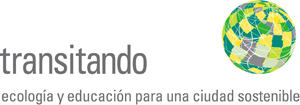
Asoc. Ecology and Education for a Sustainable City – Transitando
David Alba Hidalgo
Transitando is an entity that, starting from the basis that ecology gives us to understand urban environments, works to move towards more sustainable cities. We intend to transfer science to society. We develop applied research and consulting work to improve the management of the city from ecology and the participation of society. We also design and develop training programs, aimed mainly at local administration technicians and educators. On the other hand, we develop educational programs, workshops and activities on responsible consumption, biodiversity, climate change… Finally, we facilitate participation processes to develop planning and development of sustainability actions and to accompany and guide monitoring and evaluation tasks. You can find more information about the projects they carry out on their website.

Public Communication Research Group: Power, Law and Message [COMPUBLIC]
Juan Luis Manfredi Sanchez
Juan Luis Manfredi Sánchez is a full professor at the University of Castilla-La Mancha, where he teaches Journalism and International Studies. He directs the research project “The public diplomacy of Ibero-American mega-cities: communication strategies and soft power to influence global environmental legislation” (RTI2018-096733-B-I00) that serves as the theoretical and conceptual foundation of the proposal. He has two six-year periods of research (2006-2017) and more than 40 articles in indexed journals. He writes about international relations and diplomacy, communication and technology, as well as political risk and liberal order. He is a member of the editorial board of Esglobal.com, a leading journal for international journalism in Spanish. He has been a finalist for the Citi Journalistic Excellence Award 2015 in Spain for the text “Hubs, axes of industry and knowledge in the XXI century”, published in the Revista Economía Exterior (Summer, 69, 2015). He has attended seminars in first-level centers with grants or scholarships from the Ramón Areces Foundation, Rafael del Pino Foundation or ICEX Scholarship Program. He is a member of the board of directors of ICEX Alumni.

M. Victoria Gomez Garcia
Climate Strategic Initiative is created in order to implement the commitment of the Carlos III University of Madrid with research and applied techniques dedicated to climate change, promoting the creation of interdisciplinary groups, the exchange of information, specialized training and for the general public, and ultimately innovation and transfer to society in this area.
M. Victoria Gómez, full professor of the Department of Social Analysis of the Carlos III University, is co-coordinator of the 37-Urban Sociology research network, of the European Sociological Association (ESA), member of the Institute of Politics and Governance and of the Work, Family and Gender Research Group of the Carlos III University. He also collaborates with the Architecture, Urbanism and Sustainability Research Group (GIAU+S) of the Polytechnic University of Madrid in studies related to the adaptation of cities to contemporary challenges from the perspective of environmental sustainability.

Grup de Recerca en Estudis Locals [ GREL]
Mariona Tomàs Fornés
Mariona Tomàs is a professor of Political Science and a member of the Research Group on Local Studies (Grup de Recerca en Estudis Locals, GREL in its acronym in Catalan), which is attached to the area of Political Science of the Faculty of Law of the University of Barcelona. The GREL is basically made up of researchers from this university, but also from other institutions (Fundació Carles Pi i Sunyer, Diputació de Barcelona). The GREL was recognized as an Emerging Research Group and then consolidated by the Generalitat of Catalonia, in the field of social sciences, specifically in that of Political Science. GreL’s main research focus is the study of Catalan local governments. However, our research activity is also based on a marked comparative vocation in the Spanish, European and international fields, and this is manifested with the direction and participation in projects at all these scales.
From GREL we have several lines of research related to metropolitan governance, transparency and the quality of democracy and citizen participation, the provision of services and local public policies.
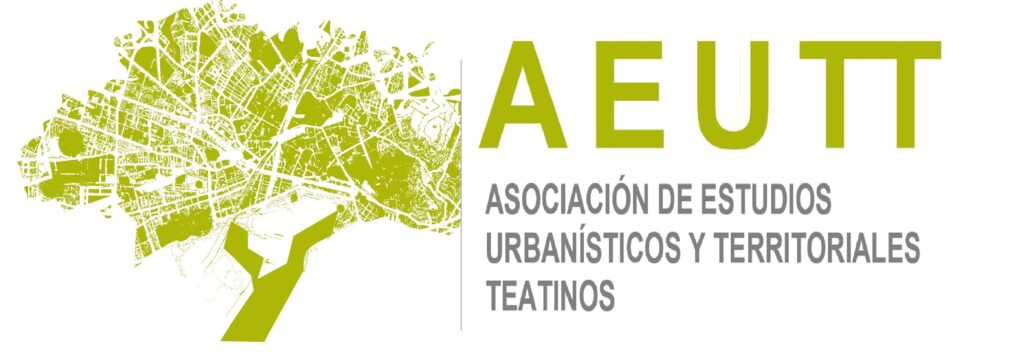
Association of Urban and Territorial Studies Teatinos
Vicente Seguí Pérez
The Association was born in February 2016, from the reflections carried out by the Teatinos Forum during the previous eight years, since 2008, a monthly gathering of urbanism, which is still maintained today, although already within the Association. The place of origin of both and its headquarters is the Chair of Administrative Law of the Faculty of Law of the University of Malaga, hence its name: Teatinos, name of the University Campus of Malaga. Later he emigrated to the Athenaeum looking for a more central space, where to date he has developed the activities. Currently, it has partners in most of the provinces of Andalusia, especially in Cordoba.
Its vocation from the beginning has been and is, to create a place of meeting and friendship of professionals interested in the territorial fact and urbanism, from a multidisciplinary perspective. With a central interest, to create an urban collective consciousness, in which their reflections would lead. The Association has never been a closed space, it has always tried to open its debates to society, collaborating to create civil musculature.
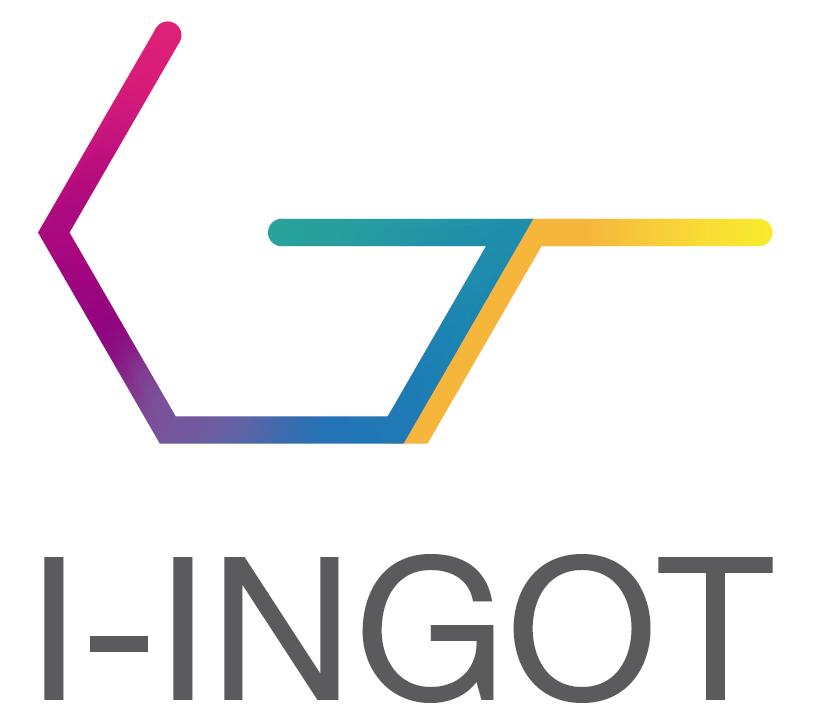
Institute of Legal Research in Government and Territory
Diego Vera Jury
The main objective of the Institute of Legal Research in Government and Territory (I-INGOT) is to contribute to the generation of scientific knowledge in two areas that are very needed at the present time of reflection and study, such as government (understood in a broad and comprehensive sense of the government’s action carried out respecting its fundamental axes – transparency, access to information and good governance-) and the territory as a space where government action is manifested, and in turn transfer that knowledge to institutions, society and companies.
To this end, the following basic and transversal lines have been established for all the action of the Institute:
a) Urbanism, territory and environment
b) Local administration
c) Transparency and governance
In this sense, it seeks to promote research in the field of social and legal sciences that help to achieve a scientific-technical advance in matters of government and territorial planning, with the purpose of solving present and future problems at all administrative levels, but very uniquely in the field of the Autonomous Community of Andalusia, always based on the principles of freedom of research and theoretical-methodological plurality.
The Institute encourages the cooperation of all members to develop joint research projects and draw on existing knowledge.
